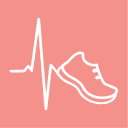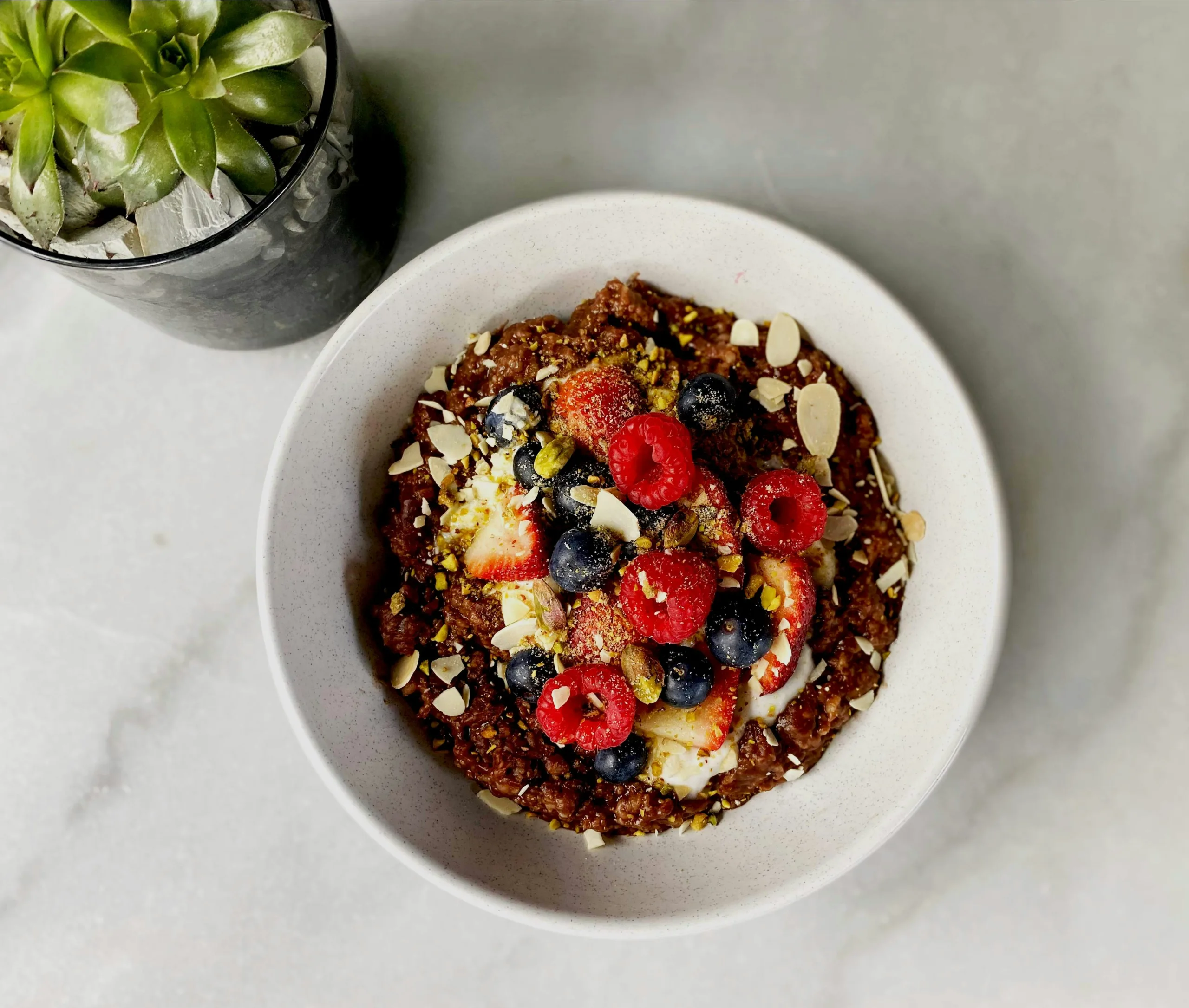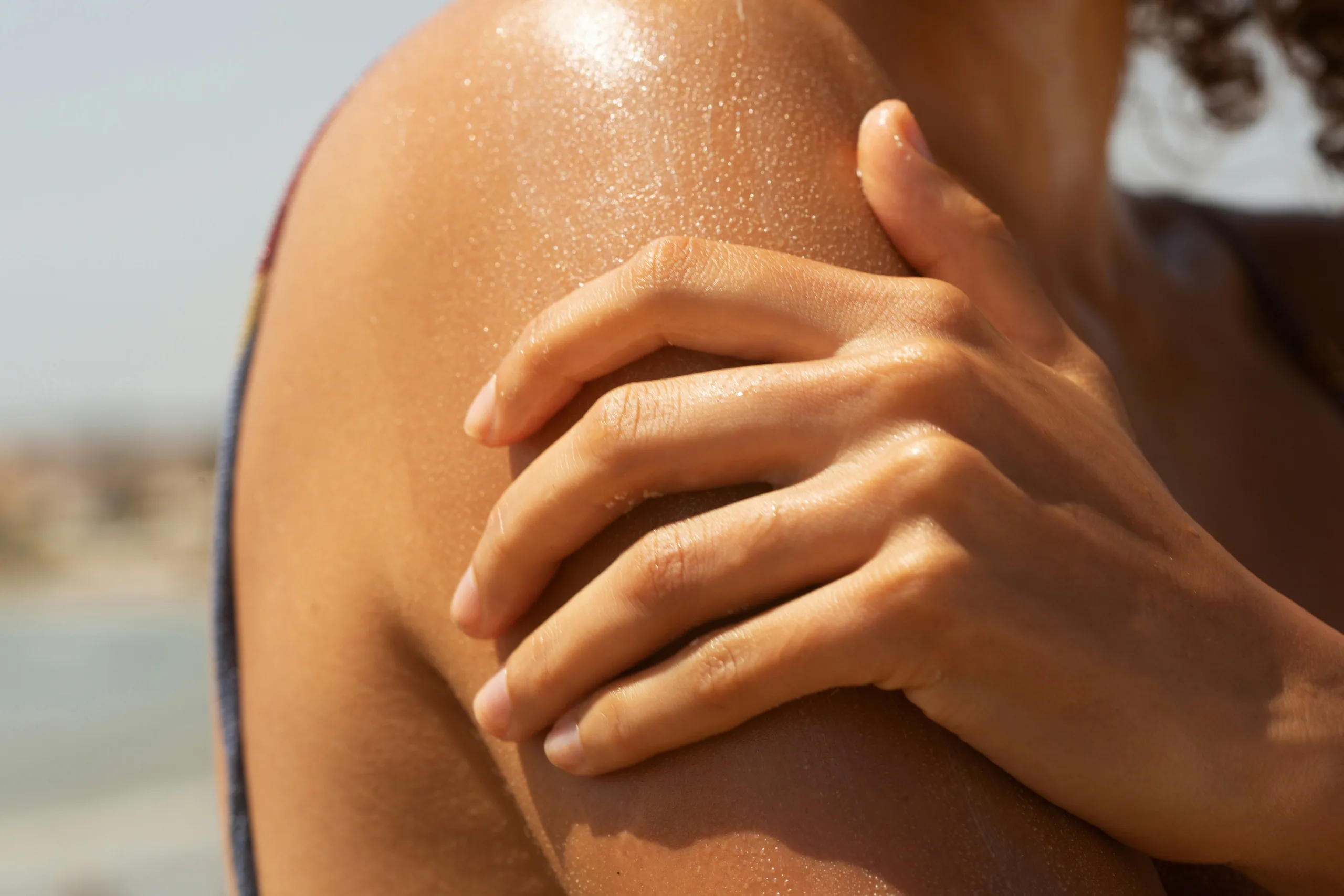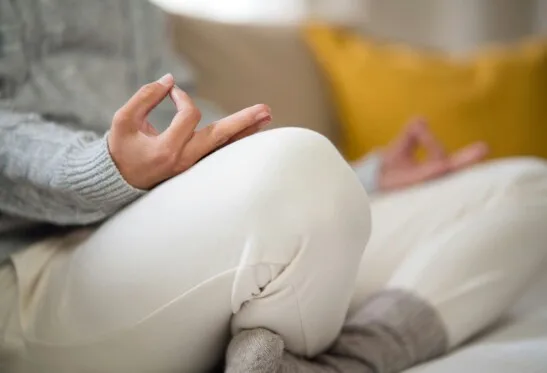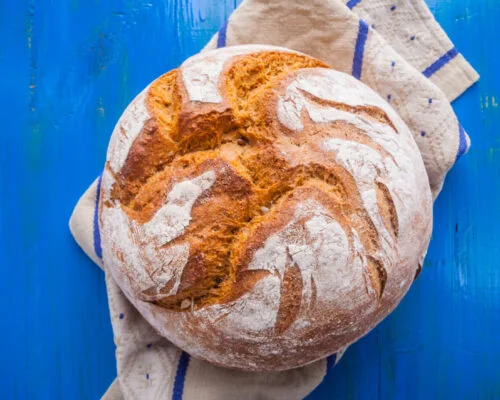What happens to your body when you don’t drink alcohol for three weeks?
Abstaining from alcohol for even a short time can have incredible benefits. From better quality sleep to improved complexion to better finances, going three weeks without alcohol can make a big difference in your overall well-being.
Here’s a timeline of what happens when you forgo that nightly glass of wine for a few weeks:
One week without alcohol
You will experience some of the short-term benefits of going without alcohol almost immediately. You can say goodbye to the nausea, headaches and tiredness that come with a hangover if you’ve overindulged the night before. But as your first week without alcohol progresses so do the benefits.
Here’s what will happen to your body in the first week:
Your body will be more hydrated
Alcohol is a diuretic, so it’s actually very common to experience mild dehydration after drinking. “Alcohol will dehydrate you, which intensifies fatigue, exacerbates concentration issues, and can lead to overeating,” says Dr. Michael Breus, a clinical psychologist and sleep specialist.
Of course, hydration is important for your overall health, impacting all sorts of functions, including digestion, body temperature regulation, joint lubrication, waste disposal, skin health, mood, and so much more. Make sure to drink a lot of water when abstaining from alcohol and you will start to feel the benefits of better hydration within the first day.
RELATED: Feeling Dehydrated? Here’s How to Hydrate Like a Boss
You’ll sleep better
Even one drink can disrupt your sleep cycle, which means you might notice that you feel more deeply rested as soon as the first night of your break from alcohol. Many people believe that alcohol can help you relax and fall asleep. This is because alcohol’s slow-down effect on your brain can lead to drowsiness helping you to doze off more easily. But the quality of your sleep will diminish throughout the night as your body processes the alcohol, leading to tossing and turning and a lack of restorative, restful sleep. Researchers have found that alcohol consumption decreases cardiovascular recovery during sleep. The more you drink, the worse the impact on your overnight rejuvenation. Quality shut-eye also comes with positive side effects such as making better food choices, boosting immune function and improving mood.
Your mind will be sharper
Evidence shows that alcohol has immediate effects on the mind, including effects on emotional processing, cognition and decision making. After just one night without these disruptive effects and a solid night of sleep, you might feel mentally sharper and be more productive.
You might feel sick
If you are a regular or heavy drinker, you may experience symptoms of withdrawal, which can include anxiety, headache, nausea, insomnia and—in severe cases—hallucinations, delirium and fever. If you experience alcohol withdrawal symptoms, it’s best to see your doctor.
RELATED: Why I Had to Break Up With Alcohol to Get Healthy
Two weeks without alcohol
By week two of your abstention journey, the effects of your challenge will really start to be visible. Not only will you likely feel more rested, clear-headed and energized, but there will be notable differences in your appearance as well.
Here’s what will happen to your body in the second week without alcohol:
You may lose weight
One of the reasons that you’ll lose weight after a week without alcohol is a simple case of calorie deficit. Alcohol is pretty high in empty calories. One serving of beer contains about 150 calories, a serving of wine contains about 120 calories and the calories in a cocktail can vary widely based on your mixer. A hard liquor on the rocks contains about 100 calories while a pina colada could have more than 500 calories!
But lowering your calorie intake from imbibing less alcohol isn’t the only reason you’ll lose weight. Research shows that as few as two standard alcoholic drinks can slow down your body’s fat-burning process (called fat oxidation) and can lead to your body making new fat in the liver (called lipogenesis). Your liver sees the byproducts of alcohol as toxins, so your body stops processing nutrients from food you’ve eaten so it can take care of the bad guy toxins first. Once these processes are reversed from abstaining from alcohol, you may start to see the number on the scale inching down.
Additionally, alcohol increases your appetite. Studies show that alcohol suppresses the hormone that tells your brain to stop eating.
Your skin will look better
Alcohol consumption impacts how your skin looks in a number of ways, it can increase puffiness under the eyes, diminish the ability to produce collagen (which is responsible for things like skin elasticity and keeping wrinkles at bay) and make it more prone to sunburn. And, the dehydration that comes with drinking alcohol will leave your skin looking and feeling dry and dull.
After two weeks without drinking, your skin will start to look more refreshed and possibly even downright radiant.
RELATED: 10 Foods That Boost Collagen–Plus Why It Matters
Three weeks without alcohol
By week three without alcohol, your body will start to heal itself in a much deeper way. You also might notice that your overall vitality has increased.
Here’s what will happen to your body in the third week without alcohol:
Your body will experience a deeper healing
While there are some possible cardiovascular benefits from moderate drinking, alcohol overall is really hard on your body, especially if you drink more than the recommended amount (one drink per day for women, two drinks per day for men). Alcohol places strain on your liver, a crucial organ responsible for keeping your body clear of toxins. Alcohol intake is also associated with gut inflammation, nutrient malabsorption and nervous system problems. After three weeks without alcohol, your body will be on the road to healing these important systems, particularly if you’re a heavy drinker.
You might find yourself in a better mood
Many people turn to alcohol to feel more relaxed. Alcohol can ease emotions in the short term, but once the alcohol begins to wear off, it can actually create more anger, depression and anxiety. Plus, after three weeks without alcohol you will almost certainly be sleeping better, which also has mood-improving benefits.
Your wallet will be fatter
If you go for three weeks without alcohol, you’ll be saving money! This isn’t a direct health benefit, but it can indirectly help to reduce stress and anxiety around money. Let’s say you drink seven drinks a week, that can add up to be a weekly savings of anywhere from about $15 to $100 depending on whether you drink at home or out and your drink of choice. This doesn’t take into account any post-drink foods or tipsy purchases that you might not make otherwise. These are real and meaningful funds that can be stashed away in savings or used to buy something that will last longer than a few drinks.
Overall benefits of three weeks without alcohol
Going three weeks without alcohol can have a number of benefits in the long term. According to Alcohol Change UK, the organization behind Dry January, benefits of short-term abstention from alcohol include:
- Weight loss
- Clear skin
- More energy
- Improved gym performance
- Reduced anxiety and improved mood
- Saved money
- Feelings of accomplishment
- Better sleep
- Generally improved health
Researchers have also found that taking breaks from alcohol can decrease your risk of developing cancers and cardiovascular disease.
No matter how you slice it, going three weeks without alcohol can benefit your physical and mental well-being. You might be surprised by how great you feel and excited to know that the effects of three weeks without alcohol can have long standing advantages, including drinking less alcohol overall, according to a study by the University of Sussex where people reported one extra dry day per week through August after drying out in January.
(Image: Shutterstock)







